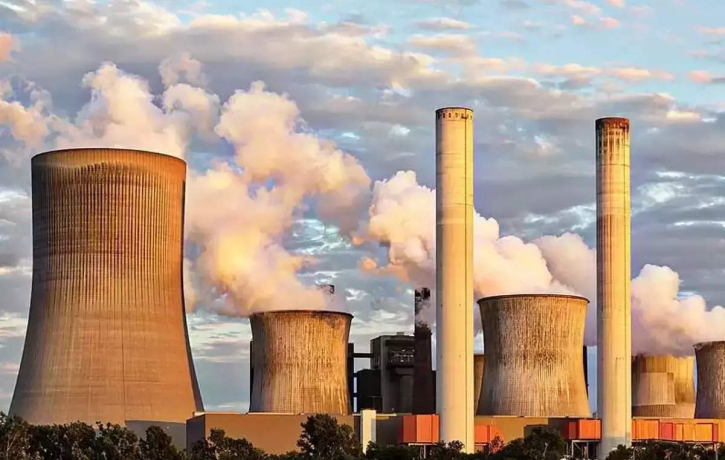Coal-Fired Power plant, The revival of private investment in India’s coal-fired power sector has both positive and negative implications. On the one hand, it can contribute to increased energy security and help meet growing power demands in the country. On the other hand, it raises concerns about the environmental impact and sustainability of such investments.
Energy Security and Power Demands
India has consistently stressed the importance of energy security to justify its dependence on coal for power generation. With a rapidly growing population and expanding economy, the country requires a substantial increase in power capacity. Coal-Fired Power plant, Private sector investments in coal-fired power plants can help address this demand and ensure a reliable energy supply.
Environmental Concerns and Emission Reduction Goals
However, these investments also pose a risk to India’s commitment to reducing greenhouse gas emissions. Coal-fired power plants are major contributors to carbon dioxide emissions and air pollution. As the world’s third-largest emitter of greenhouse gases, India has faced increasing pressure to transition to cleaner energy sources and reduce its carbon footprint.
Balancing Economic Viability and Sustainability
The resurgence of private interest in coal-fired power projects highlights the ongoing debate between economic viability and sustainability. While coal-based power generation may seem financially attractive, it can hinder India’s progress in achieving its renewable energy targets and transitioning to a low-carbon economy.
The Role of Government Policies and Regulations
Government policies and regulations play a crucial role in shaping the future of energy investments in India. Prime Minister Modi’s administration has been proactive in promoting renewable energy sources and attracting private investment in the sector. However, the recent interest in coal-fired power plants suggests that certain financial considerations still make these projects appealing to private firms.
Conclusion
The revival of private investment in India’s coal-fired power sector presents a complex challenge for the country. While it can address immediate energy needs and provide economic benefits, it comes at the cost of environmental sustainability. Striking the right balance between economic development and sustainable energy production remains crucial for India’s long-term energy strategy. By encouraging innovation, promoting clean energy alternatives, and enacting strong environmental regulations, India can navigate this challenge and meet its energy goals while minimizing the carbon footprint.





